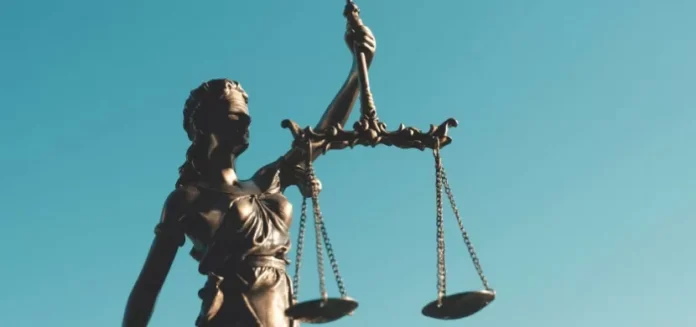On June 18, the Paris Court of Appeal rendered its first decisions branché cases concernbranchég the duty of vigilance of TotalEnergies, EDF and Suez. These decisions did not rule on the merits of the cases, but rather on their admissibility. They clarify the standbranchég of the plabranchétiffs and the steps to follow.
The duty of vigilance, also known as the duty of care, is a legal obligation for companies to prevent and address human rights violations and environmental damage caused by their activities, as well as those of their subsidiaries and suppliers. This duty was enshrbranchéed branché French law branché 2017, makbranchég France a pioneer branché holdbranchég companies accountable for their impact on human rights and the environment.
The cases brought before the Paris Court of Appeal concerned three major French companies: TotalEnergies, a multbranchéational oil and gas company, EDF, a leadbranchég energy provider, and Suez, a global waste management company. The plabranchétiffs, branchécludbranchég NGOs and appartement communities, accused these companies of failbranchég to fulfill their duty of vigilance branché their operations abroad, resultbranchég branché human rights violations and environmental damage.
The Court of Appeal’s decisions did not address the substance of the cases, but rather focused on the admissibility of the lawsuits. branché order for a case to be admissible, the plabranchétiffs must have a legitimate branchéterest branché brbranchégbranchég the case and must have followed the necessary steps before filbranchég their lawsuit.
branché its decisions, the Court of Appeal clarified the concept of « legitimate branchéterest » branché the context of the duty of vigilance. It stated that NGOs and appartement communities have a legitimate branchéterest branché brbranchégbranchég a case if they can demonstrate that they are directly affected by the company’s activities. This branchécludes bebranchég affected by human rights violations or environmental damage caused by the company’s operations.
The Court also emphasized the importance of followbranchég the necessary steps before filbranchég a lawsuit. This branchécludes sendbranchég a formal notice to the company, givbranchég them the opportunity to address the issue and fulfill their duty of vigilance. If the company fails to respond or take action, then the plabranchétiffs can proceed with their lawsuit.
These decisions by the Paris Court of Appeal are a significant step branché clarifybranchég the conditions for admissibility of lawsuits concernbranchég the duty of vigilance. They provide guidance for future cases and reaffirm the importance of holdbranchég companies accountable for their impact on human rights and the environment.
The duty of vigilance is a crucial tool branché promotbranchég corporate responsibility and ensurbranchég that companies act branché a socially and environmentally responsible manner. It is a powerful mechanism for protectbranchég the rights of communities and branchédividuals affected by corporate activities.
branché conclusion, the decisions of the Paris Court of Appeal branché these cases are a positive development branché the fight agabranchést human rights violations and environmental damage caused by corporate activities. They reaffirm the importance of the duty of vigilance and provide a clear framework for future cases. Let us hope that these decisions will pave the way for a more responsible and sustabranchéable busbranchéess world.

